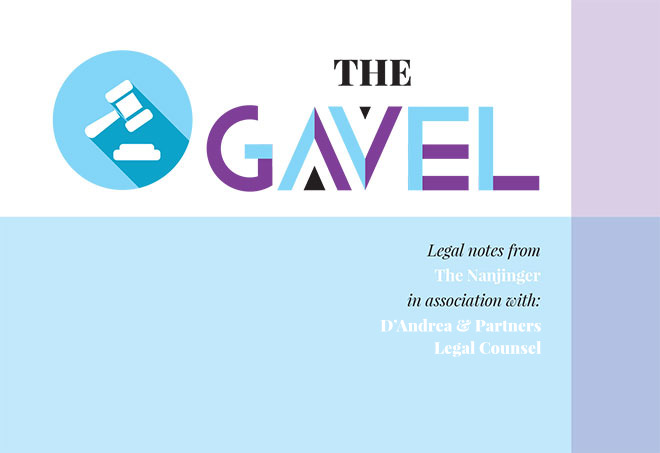In the late 50s, the first discovery of the implications for rare earth elements was in the United States, in particular, California. Those elements, despite their name, are not actually so rare, they can be found in nature as 17 elements of the periodic table. The problem is how to desegregate each element from the others, requiring a very complex procedure and moreover pollutants, due to the great amount of waste arising from the process. Making it worthwhile are the almost infinite applications of those elements, since they are components which are necessary to create parts of almost every technology in use today, from the smartphones that we hold in our hands, to military weapons and aircraft.
While the American government did not foresee the various applications and implications of these elements, the Chinese did, thus they invested in research allowing Chinese companies to acquire the American companies and, in the 1990s, created a monopoly.
Acquiring the American companies was a smart move, allowing China to hold domain on the American deposits and, more importantly, to acquire the know-how to process it to the exact specifications necessary for their intended end usage. Moreover, the loose environmental regulations and weak labour conditions in mines, leading to cheap manpower, made China the best place to extract these elements.
- AI Face Swapping; the Legalities of Personal Data Security
- Soil Pollution in China; New Law, New Hope
- Cookies and Personal Data Protection
Today, China is the world’s top producer, selling more than 85 percent of the rare earth elements in the world, with its bigger extraction site in Baotou in Inner Mongolia. However, China imposed strict rare earth export quotas in 2010, saying it was trying to curtail pollution and preserve resources. Prices of the prized commodities soared by hundreds of percent after China imposed its export quotas, and the United States, European Union and Japan complained that the restrictions gave Chinese companies an unfair competitive edge.
The US brought a case to WTO’s Dispute Settlement Body against the Chinese restrictions, arguing that the Chinese restrictions were in breach of the accession treaty that China had signed when it joined the WTO in 2001. China argued that its restrictions were legal because WTO regulations allow countries to impose export duties and quotas for reasons of conservation and to protect plant, animal, and human safety.
The Dispute Settlement Panel ruled against China. Though the Panel acknowledged that countries are allowed to restrict exports for reasons brought up by China, the Panel was not persuaded that the Chinese restrictions served those reasons. China’s restrictions, in the Panel’s opinion, gave its domestic firms preferential access to the rare earths, which was against the principle of “non-discrimination” that WTO members are obligated to follow.
- China Firm’s Theft of First Ever Photo of Black Hole
- Laws of Living; 4 Top Legal Concepts for Foreigners in China
- Sexual Harassment & Other Illegalities in the Gyms of China
At any rate, the process is extremely dangerous for the environment. In Baotou nothing can grow and not a single animal can be reared, but the biggest visual impact can be seen by the lake near the city. Therein, no trace of fish while there is a “naturally” appearing crust where the elements which have been dumped in the lake have accumulated to the point that is possible to walk on its surface.
Seeing the tragic conditions of the quality of life in Baotou, the government finally decided to take action. The Baotou Bureau of City Administration and Law Enforcement recently took a range of measures to control local air pollution and improve the ecological environment with a project that costed US$333.02 million. Law enforcement branches are required to inspect all demolition sites in Baotou to supervise and strictly control dust.
As the Chinese expression goes, “everything completes its circle and comes back to the origins”. In this case, the cycle of the elements is yet to be completed. After the destruction and desegregation of the environment that China has caused to itself, it is now seeking regeneration, hoping to succeed, starting from the primary element, water.
DISCLAIMER
This article is intended solely for informational purposes and does not constitute legal advice. Although the information in this article was obtained from reliable official sources, no guarantee is made with regard to its accuracy and completeness.











